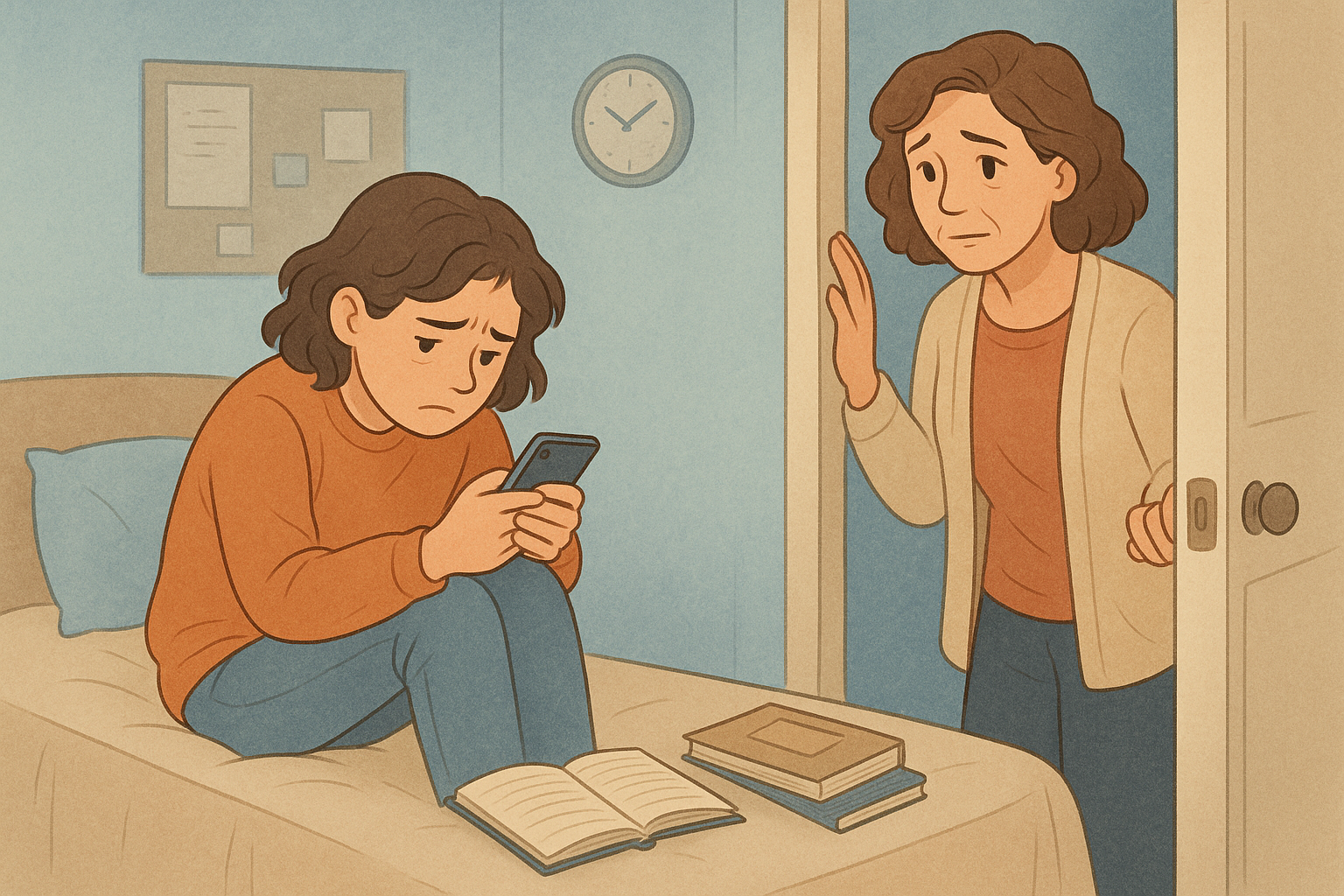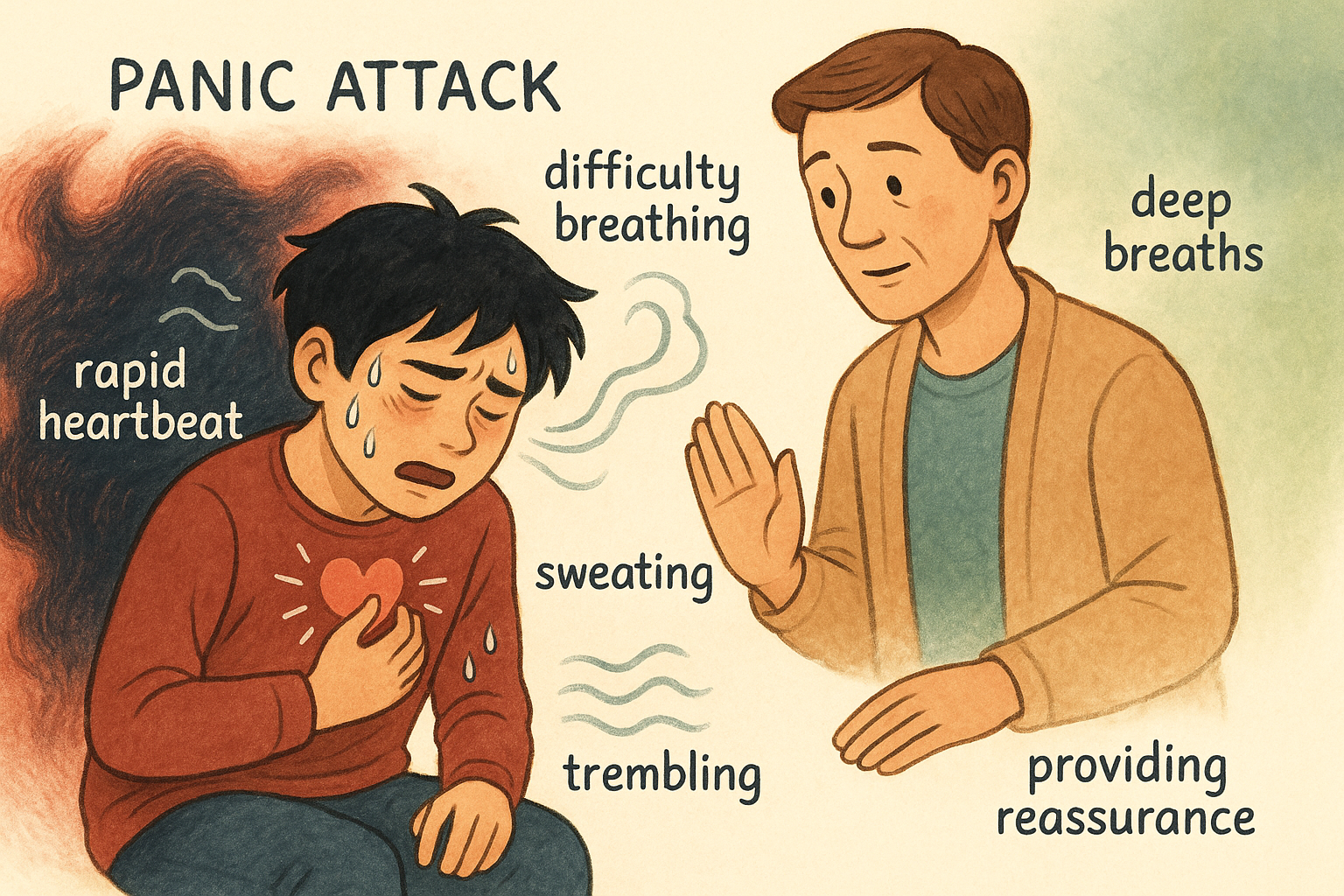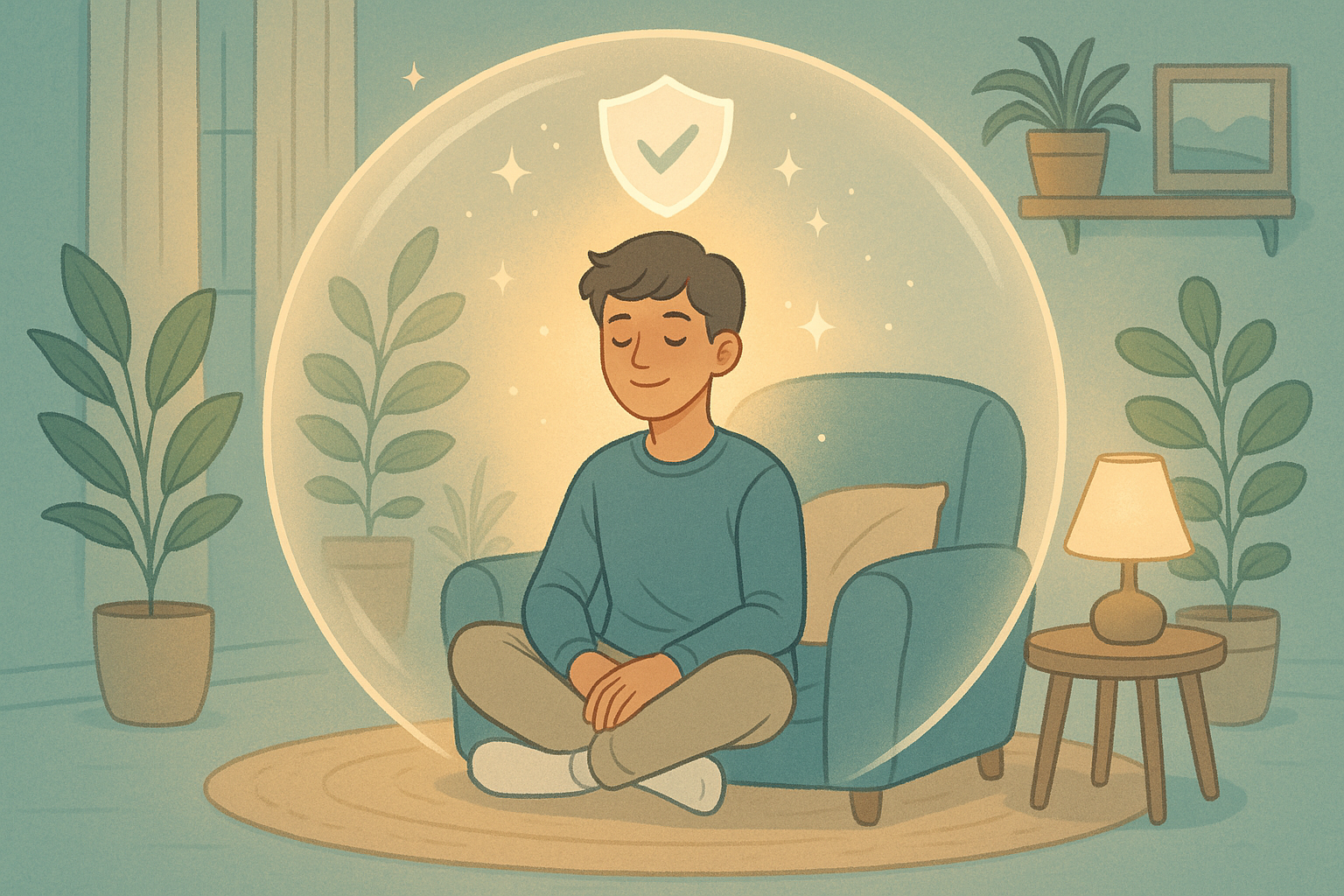Teen anxiety has become increasingly common in today’s fast-paced world, affecting millions of adolescents worldwide. As parents, teachers, and caregivers, recognizing the early warning signs of anxiety in teenagers is crucial for providing timely support and intervention.
The Hidden Nature of Teen Anxiety
Unlike adults, teenagers often struggle to articulate their feelings or may hide their anxiety symptoms to avoid seeming different from their peers. This makes it essential for adults to understand the subtle and not-so-subtle signs that indicate a teen may be struggling with anxiety.
Physical Signs to Watch For
Teen anxiety often manifests through physical symptoms that might seem unrelated to mental health:
Sleep Disturbances: Difficulty falling asleep, staying asleep, or experiencing nightmares can indicate underlying anxiety. Teens may also sleep excessively as a way to escape anxious thoughts.
Changes in Appetite: Anxiety can cause significant changes in eating patterns, leading to either loss of appetite or emotional overeating.
Physical Complaints: Frequent headaches, stomachaches, muscle tension, or feeling constantly tired without apparent medical cause often signal anxiety.
Restlessness: Inability to sit still, fidgeting, or appearing constantly “on edge” are common physical manifestations of teen anxiety.
Emotional and Behavioral Red Flags
The emotional landscape of an anxious teenager can be complex and challenging to navigate:
Excessive Worry: Persistent concerns about school performance, social situations, or future events that seem disproportionate to the actual threat.
Irritability and Mood Swings: Increased irritability, sudden outbursts, or dramatic mood changes that seem out of character.
Social Withdrawal: Avoiding social situations, declining invitations, or showing reluctance to participate in activities they previously enjoyed.
Perfectionism: Setting unrealistically high standards and becoming extremely distressed when these standards aren’t met.
Academic and Social Warning Signs
Anxiety often significantly impacts a teenager’s academic and social functioning:
Declining Academic Performance: Sudden drops in grades, difficulty concentrating, or avoiding school altogether can indicate anxiety-related struggles.
Social Difficulties: Problems maintaining friendships, fear of social judgment, or extreme self-consciousness in social situations.
Procrastination: Avoiding tasks or responsibilities due to fear of failure or overwhelming feelings of inadequacy.
Creating a Supportive Environment
When you notice these signs in a teenager, creating a supportive and understanding environment is crucial. Open communication, patience, and professional support when needed can make a significant difference in a teen’s anxiety journey.
To download comprehensive resource guides and support for teen anxiety, visit StillNest Health, where you’ll find expert guidance and evidence-based approaches to managing teen anxiety.
Taking Action
Early intervention is key to helping teenagers develop healthy coping strategies and prevent anxiety from significantly impacting their development and future well-being. Remember, seeking help is a sign of strength, not weakness.
If you recognize multiple signs in a teenager, don’t hesitate to reach out to mental health professionals who specialize in adolescent anxiety. With proper support and treatment, teens can learn to manage their anxiety effectively and thrive.
Learn more about teen anxiety treatment options and find professional support at StillNest Health.



